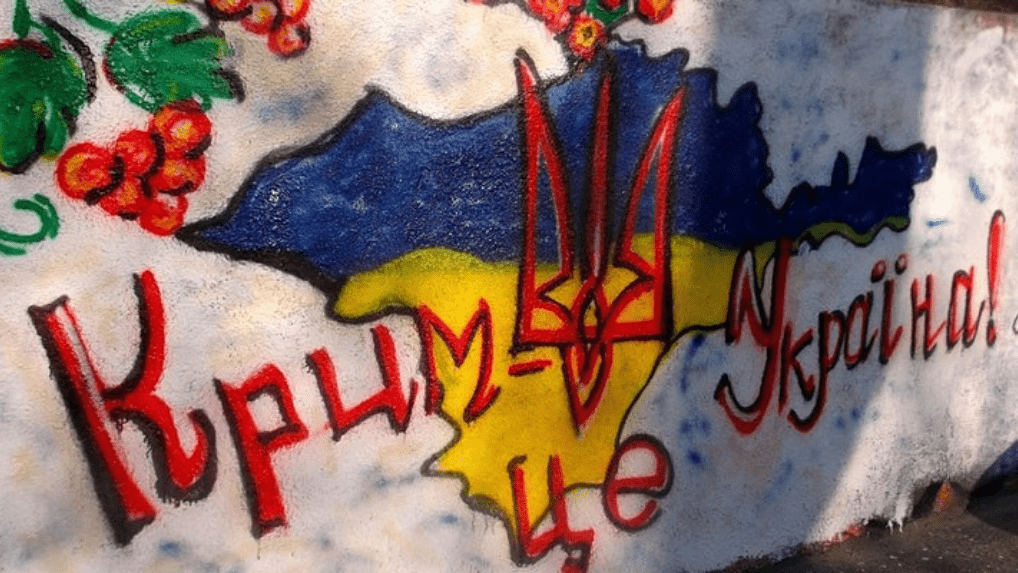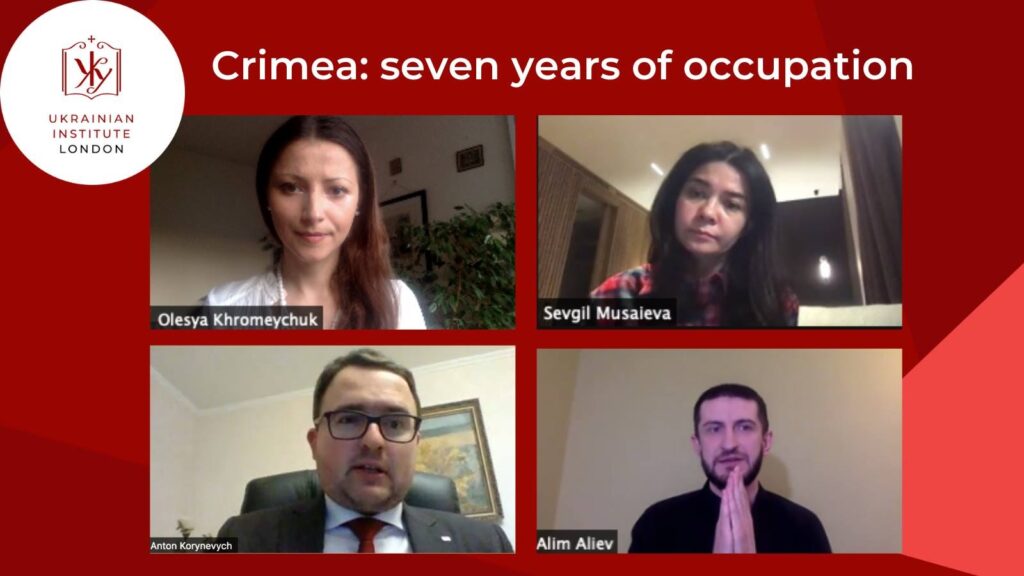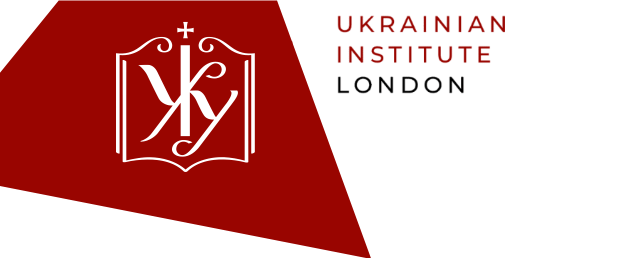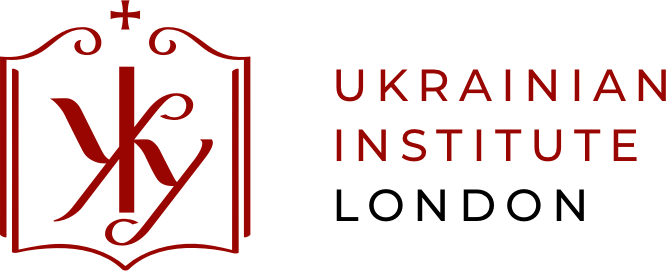Seven years on, what are the key issues faced by the residents of Crimea, and what are the prospects for the peninsula’s return to Ukraine?

AUTHOR
Kieran Robinson, Politics (BScEcon, Cardiff University) and International Relations (MA, University of Birmingham) graduate.
Seven years ago, Crimea was illegally annexed by Russia. Since the annexation, Ukraine and the international community have insisted on Crimea’s de jure status as Ukrainian territory, but, de facto, its residents have been living under the Russian rule. While some of those who opposed the occupation chose to flee to safety, many faced and continue to face severe persecution and others find ways to adapt to the new reality.
On 30 March 2021, the Ukrainian Institute London welcomed a distinguished panel to discuss the key issues the residents of Crimea have faced and the prospects for the peninsula’s return to Ukraine: Alim Aliev, Deputy Director General of the Ukrainian Institute (a public institution affiliated with the Ministry of Foreign Affairs of Ukraine) and co-founder of NGO ‘Crimea SOS’, Anton Korynevych, Permanent Representative of the President of Ukraine in the Autonomous Republic of Crimea and Sevğil Musayeva, editor-in-chief of Ukrayinska Pravda. The discussion focused on the tangible work that is now well underway in Ukraine to bring international attention back to the peninsula. The speakers were joined by an international audience for a lively and insightful Q&A session.
To open the session, Sevğil provided a brief overview of the situation that Crimeans had faced since 2014 and gave some background on the Day of Resistance to Occupation of the Autonomous Republic of Crimea, marked on 26 February. On this day seven years ago, thousands of Crimean Tatars and Ukrainians gathered in Simferopol in protest against the Russian occupation of the peninsula. The protest was crushed by Berkut riot police, leaving two protestors dead and dozens injured. The following day, Russian special forces seized government buildings. In the months that followed, the ‘new Crimean government’ banned Crimean Tatar leaders from entering the territory of Crimea and prominent Crimeans were arrested and convicted – the most well-known case of this was that of Oleg Sentsov.
Seven years later, many in Crimea continue to face repression. Independent media has been replaced by pro-Kremlin propaganda and minor digressions from the state narrative are punished.

What is the situation in Crimea today?
Crimea today, Anton Korynevych stated, is a grey zone typified by illegality. Unlawful nighttime raids are commonplace, residents could easily find themselves convicted for participation in ‘extremist’ or ‘terrorist organisations’ simply for speaking to human rights activists and Crimean Tatar leaders. This was a common theme throughout the discussion, that ‘Russian Crimea’ was born in a state of illegality and this has remained the norm.
Crimea is a grey zone where your house can be raided at 4am and you could be convicted for many years for “extremist activities” – for committing no crime, but for speaking out about human rights
Anton Korynevych, Permanent Representative of the President of Ukraine in the Autonomous Republic of Crimea
Both Alim Aliev and Anton Korynevych expressed their belief that Crimea was little more than an object of strategic obsession for Russia, which had rushed to militarise the peninsula. This underpinned Korynevych’s view that Russia does not care about Crimea and that the peninsula has no real future to contemplate with Russia. Korynevych discussed the militarisation of the peninsula in the wider European security context, highlighting the possibility for housing nuclear weapons on the peninsula, the threat the new Black Sea Fleet poses to Europe and the Mediterranean, and the strategic importance of the Kerch Strait Bridge for the transfer of Russian military personnel and equipment.
Russian occupation has also had a catastrophic impact on the natural environment of Crimea and the surrounding seas. Examples of this include the damage to the coastline caused by the construction of the Kerch Strait Bridge and the destruction of forests to create holiday and leisure destinations. Militarisation continues to devastate the natural environment with military activities being held in national parks and the Black Sea Fleet polluting the Black Sea and the Mediterranean.
A key issue that both speakers highlighted was the systematic destruction of Crimean culture and heritage over the past seven years. Integral to this policy was the state facilitated population transfer of between 200,000 (Russian estimates) and 500,000 (Ukrainian estimates) Russian citizens to the peninsula. The population movement has an important part to play in influencing the demographics of Crimea, creating a more homogenous, more Russian, society; in 2021, only 3% of students in Crimea study in Crimean Tatar and the number of those educated in Ukrainian has fallen by 50% since 2014. The population transfer was contextualised by Aliev as the third Russian occupation of Crimea, drawing direct comparisons with the occupations of Crimea under Catherine I and Stalin.
The “new reality” in Crimea involves militarisation: Crimea has been turned from a tourist destination into a military base, but there’s also militarisation of consciousness
Alim Aliev, Deputy Director-General of the Ukrainian Institute (Kyiv)
In Crimea, Aliev stressed, Russia has declared war on the democratic world. The occupation of the peninsula poses a threat to all democratic states as Russia continues to undermine international law, propagate instability, and spread disinformation.
What now for Ukraine?
Ukraine is now working to bring international partners to the table to renew pressure on Russia over Crimea. The Crimean Platform initiative, the audience heard, was Ukraine’s foreign policy priority in 2021. It was born from the fact that there was no Normandy process or Minsk negotiations for Crimea. Simply put, Crimea lacked the status that was afforded to Donbas. The platform aims to bring partners together to discuss the situation in Crimea and how they could work towards re-integration. The inaugural summit is to be held in August 2021 with a political declaration to be signed at that summit. The panel was clear that the process would not and could not finish with that summit but that the Platform must sustain its focussed work moving forward.
The Crimean Platform is being augmented by a push from the Ukrainian Institute (Kyiv) in the sphere of cultural diplomacy. The Institute has been developing a Crimean-focused programme for the past six months and is now implementing its activities to strengthen Crimean voices. The programme has a number of projects including a human rights and art project, a documentary piece on repression and persecution in Crimea, and a virtual reality project showing Crimea through the eyes of prominent Crimeans.
Watch the full event recording on our YouTube channel.



